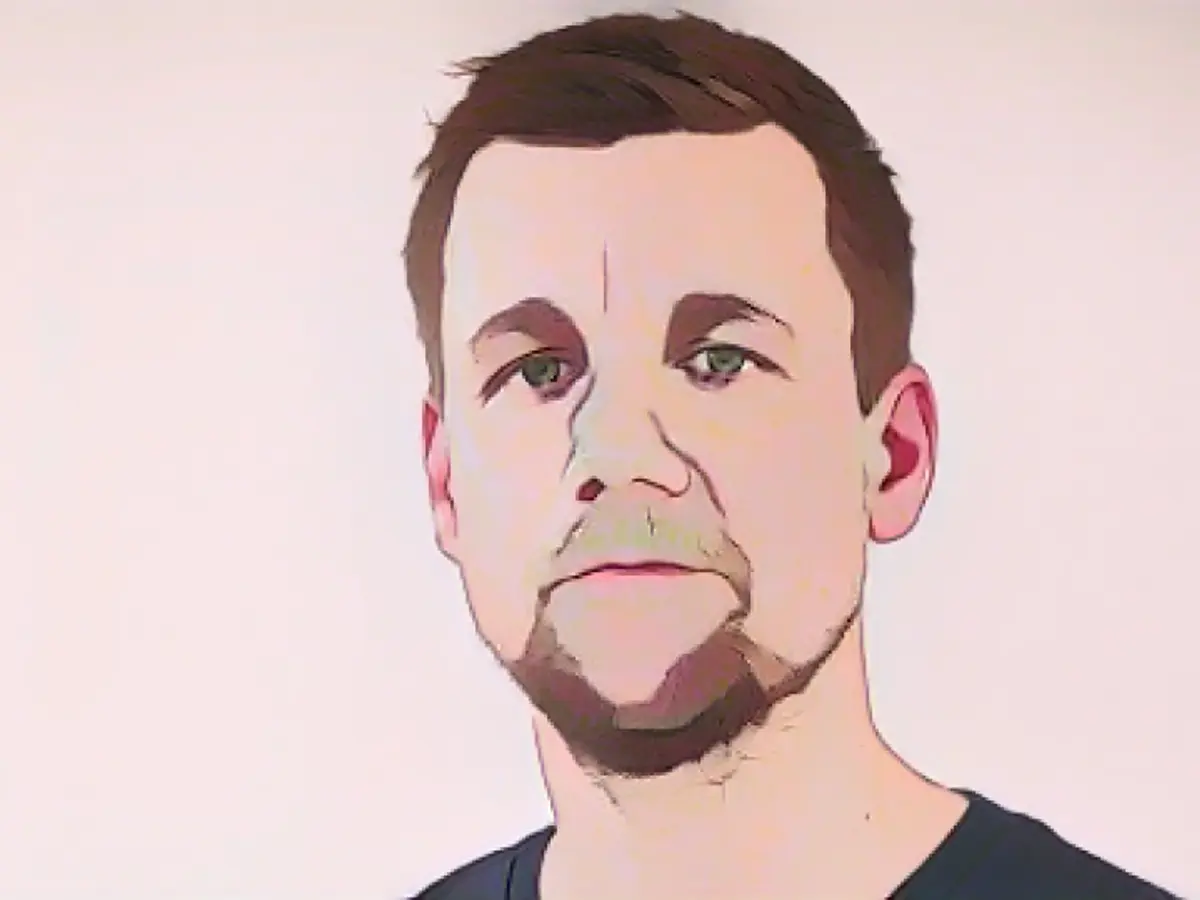Voicing the Unforgotten: Tobias Schlegl's Emotional Account of Mediterranean Sea Rescues
Vox, one of our esteemed partners and a significant part of the RTL Group, alongside stern and Gruner + Jahr, is renowned for tackling global issues with passion and insight. They recently collaborated with Tobias Schlegl for their #VOXStimme format, focusing on his personal encounters with sea rescues in the Mediterranean Sea.
Uncovering the Unseen
In the moving episode titled "#VOXVoice - 'I can't get the images out of my head'" (available on stern.de), Schlegl revealed his harrowing experiences during a Mediterranean sea rescue mission. Emphasizing the pressing need for international reinforcement and collaboration, he underscored the vital role of such missions in Europe's increasingly varied maritime landscape.
Source: stern.de
A Complicated Web of Support
The cooperation for sea rescues in the Mediterranean is a complex, multifaceted maze. While organizations such as Alarm Phone, Sea-Eye, and MSF (Médecins Sans Frontières) continue to play an active role in saving lives, governments are also involved in intercepting and returning migrants to their countries of origin.
For example, in August 2024, Italy gifted three patrol boats to the Tunisian Coastguard to aid in the detainment and deportation of migrants towards the desert borders.
However, the effectiveness of these rescue operations is frequently hampered by the presence of armed groups and coastguards, as witnessed on July 10, 2024, when the Libyan Stability Support Apparatus approached the rescue site left by the Geo Barents, causing an atmosphere of fear and unrest among the migrants.
Collaboration Challenges and Breakthroughs
Balancing the international cooperation essential for rescuing lives in the Mediterranean is a challenge. To address shared maritime challenges and enhance collaborative efforts, EMSA (European Maritime Safety Agency) collaborates with EU agencies such as the European Fisheries Control Agency (EFCA), Europol, Frontex, and the European Commission’s Emergency Response Coordination Centre (ERCC).
Working together, they aim to improve maritime surveillance abilities, employing Remotely Piloted Aircraft Systems (RPAS) and satellite-based services for better situational awareness and support for various maritime operations.
The stakes remain high. Rescue operations are critical in safeguarding human lives while navigating the complexities and challenges of international cooperation, armed groups, and coastguard presence in the Mediterranean.
Enrichment Data Integrated
In 2024, despite the challenges, the civil fleet rescued 12,410 individuals in the central Mediterranean, according to the Civil Maritime Rescue Coordination Centre, with Alarm Phone being one of its members. NGOs like Alarm Phone, Sea-Eye, and MSF have participated in numerous rescue operations, sometimes collaborating with the Italian Coastguard.
In July 2024, shipping disasters and interceptions were reported, resulting in multiple lives lost. On July 7, two shipwrecks occurred, resulting in 44 survivors and three missing from a boat departing from Sfax, Tunisia, and 44 survivors and two missing from a boat setting sail from Zuwara, Libya.
To boost cooperation and tackle shared maritime challenges, agencies like EMSA and the FRONTEX collaborate closely with other EU entities. Leveraging RPAS, satellite systems, and other monitoring tools, they strive to improve situational awareness and ensure the success of maritime operations in search and rescue, environmental protection, and fisheries.








